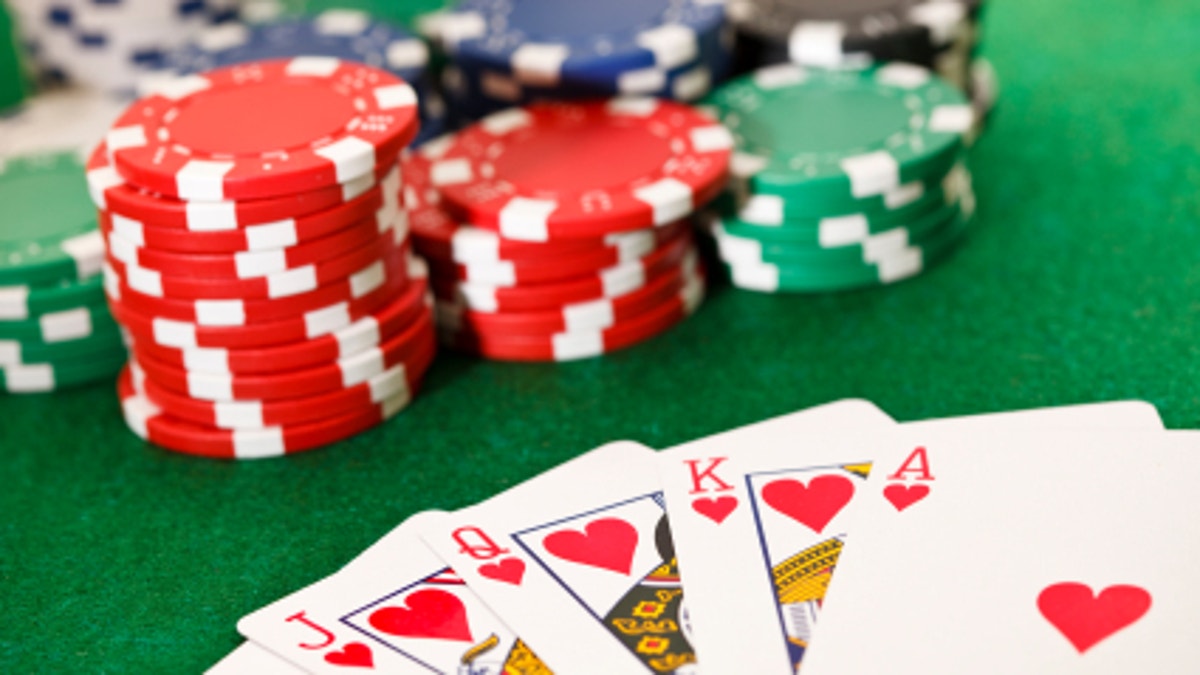
As the Powerball jackpot continues to roll over—reaching $1.3 billion over the weekend—Americans are continuing to flock to convenience stores to purchase their $2 tickets in hopes of picking the winning numbers.
Having treated many people for compulsive gambling, I have identified two psychological issues a significant percentage seem to share. Being aware of these dynamics has helped them fight their addiction and has helped their loved ones support their recovery.
There may well turn out to be a neurological or even genetic reason that helps explain why compulsive gamblers can’t seem to resist visiting casinos, buying lottery tickets or staying glued to Internet gaming sites. Parts of their brains that respond to pleasure—including what is called the limbic system—may react particularly strongly, for example, to the intermittent and unpredictable reward of winning. But the emotional forces at the root of an addiction to gambling should be overlooked.
I have noticed that, for many addicts, gambling reproduces painful and unexamined aspects of their childhoods and make casinos, convenient stores with Keno and Internet lottery sites feel very much like going home.
First, gamblers often seem to come from homes where they couldn’t predict whether the environment would be peaceful and happy, or filled with panic, despair or anger. They may have had alcoholic parents who were sometimes sober and loving, but sometimes drunk and punishing. They may have had parents who could be kind to one another and to them, but could also become verbally or physically abusive. They may have had siblings who struggled with illnesses—like severe diabetes or asthma—that meant that they sometimes seemed to be in perfect health, then needed to be rushed to emergency rooms.
When the good things about home—like shelter and food and birthday parties—become linked in a person’s mind with a seesaw of unpredictable highs and lows, then they may be forever drawn to other places that spark uncontrollable waves of pleasure and pain.
Second, compulsive gamblers want to believe that they are “liked” or “loved” by the people, places (including gaming websites) or even the machines that are actually hurting them. As obvious as it may be to me, many of my patients have needed to admit that their bookies or blackjack dealers, along with the folks who park their cars and smile at them at the doors of casinos, don’t really like them at all, but are looking to take their money away. Often, admitting that this is the case requires admitting that they weren’t loved in a pure way during childhood—or, in some cases, ever, by anyone. If a father keeps telling his daughter how much he loves her, when he really intends to manipulate her and control her, that girl can actually believe she’s got “friends” bringing her drinks at slot machines.
I will always remember how a bookmaker I knew described the “customers” he serviced. “They’re sick, degenerate addicts,” he told me. “Their whole lives are a tragedy, because they think I’m actually on their side, that I believe in them. They think I want them to win. They really do. It’s incredible.” What he really wanted was to keep them weak and dependent on him. Doesn’t that sound a lot like a manipulative, disempowering parent?
This combination of having experienced little control, lots of chaos and too little genuine caring during childhood (even if there were lots of false displays of it), can make a building with no windows and lots of machines and tables where you might get “lucky” feel like home. And almost everyone wants to “go home,” even when home was a pathological place. Because almost everyone is willing to fool himself or herself into believing—during childhood—that home is a good place. Very few 5-year-olds or 8-year-olds run away from home—and mean it. Many more should.
Breaking the cycle of compulsive gambling, in the people I speak of, requires resolving to no longer be complicit in their own destruction. It means realizing that the people and places they thought embraced them, were actually shaking them down—all the way back to childhood. These are sobering realizations that can come with all the force of a freighter adrift that slams into shore. And that’s the point. When someone decides to no longer be hostage to tides of emotion outside themselves that drag them here and there, there is always a moment of impact when everything becomes perfectly, painfully clear.
Dr. Ablow is a practicing psychiatrist in Massachusetts and New York and a member of the Fox News Medical A-Team. Dr. Ablow can be reached at info@keithablow.com and through www.keithablow.com.
